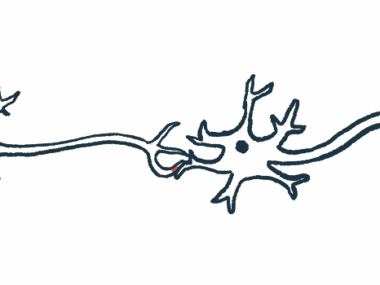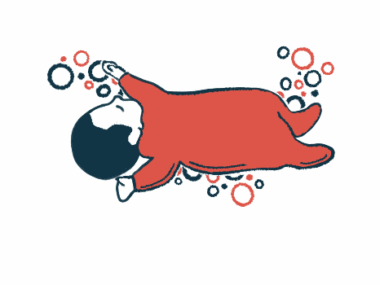Planting the Seeds of Knowledge While Raising Our Children
Written by |

“Mom, how is rain made?”
It was a simple question posed by the sweet, 3-year-old voice coming from the back seat of the car. This was a decade ago, and the question came from my oldest daughter, Addisen, who is now 13. She has always been curious about the big world around her.
I was tempted to deliver a watered-down reply (pun intended), but my husband jumped in before I had the chance. He explained the water cycle in a manner that made Addi feel like a peer. He used big words she had never heard before, such as condensation and precipitation. He had her attention the entire time, and the two continued the conversation during the rest of the car ride.
When I asked him about it later, he said it didn’t matter if she remembered it all. He felt she deserved the correct answer, no matter how small she was. And even if she hadn’t fully understood the subject, he had planted a seed of knowledge into her young brain. He has continued with this style of teaching as Addi has grown older, and also with our son, Atlas, who is 7.
When Austen, our 6-year-old with Dravet syndrome, was diagnosed, we were told to expect severe global delays with her development. We were told that in some cases, a child with Dravet syndrome may never walk or talk, and that in nearly all cases, the children have a hard time keeping up with peers.
You might think my husband would approach Austen a little differently than her siblings, which would be understandable, given the circumstances. But he doesn’t. Not only that, but thanks to the way he has approached Austen’s siblings throughout the years, they are willing to take the time to explain things to her, too.
In a teaching moment last week, I caught Atlas explaining Austen’s math work to her during home schooling time. Although I was there to teach her, Atlas jumped in and explained what the big and little hands of a clock do, and how minutes are counted in sets of fives and hours in ones. It was so sweet to watch them interact, and even better, the information seemed to stick. Austen was excited to tell me this morning that the little hand tells the hours, and the big hand tells the minutes. Atlas was proud that his teaching moment had been a success.
Now, don’t get me wrong, I know Austen is delayed. Not many brains could go through the thousands of seizures she’s experienced and not have some sort of trauma. I know it, and I accept it. But delays don’t mean she isn’t able to learn at all. She just does it at a different pace than the rest of us.
I am so grateful that my husband has dedicated himself to explaining things to our children this way. Just as he told me a decade ago, it’s not about the kids understanding concepts right away. It’s about planting the seed so that knowledge can grow.
***
Note: Dravet Syndrome News is strictly a news and information website about the disease. It does not provide medical advice, diagnosis, or treatment. This content is not intended to be a substitute for professional medical advice, diagnosis, or treatment. Always seek the advice of your physician or other qualified health provider with any questions you may have regarding a medical condition. Never disregard professional medical advice or delay in seeking it because of something you have read on this website. The opinions expressed in this column are not those of Dravet Syndrome News or its parent company, Bionews, and are intended to spark discussion about issues pertaining to Dravet syndrome.







Leave a comment
Fill in the required fields to post. Your email address will not be published.